Understanding Soil Enhancement Costs
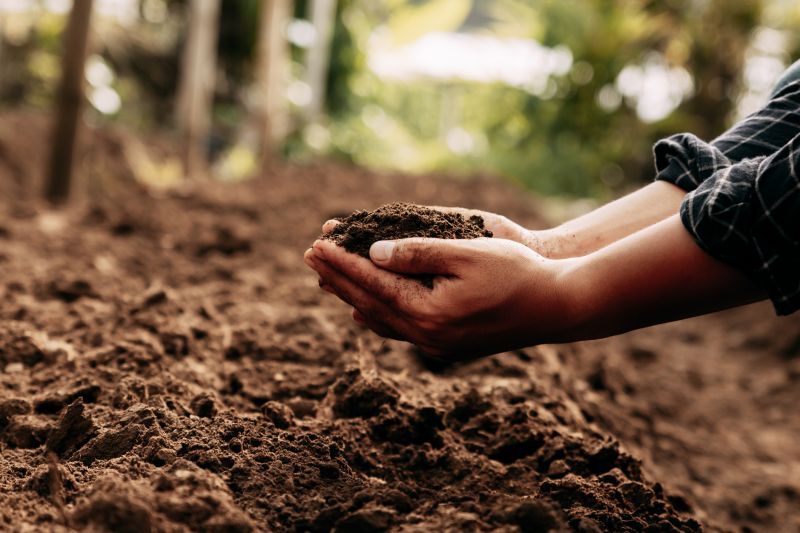
Different soil types require varying enhancement methods, affecting costs.
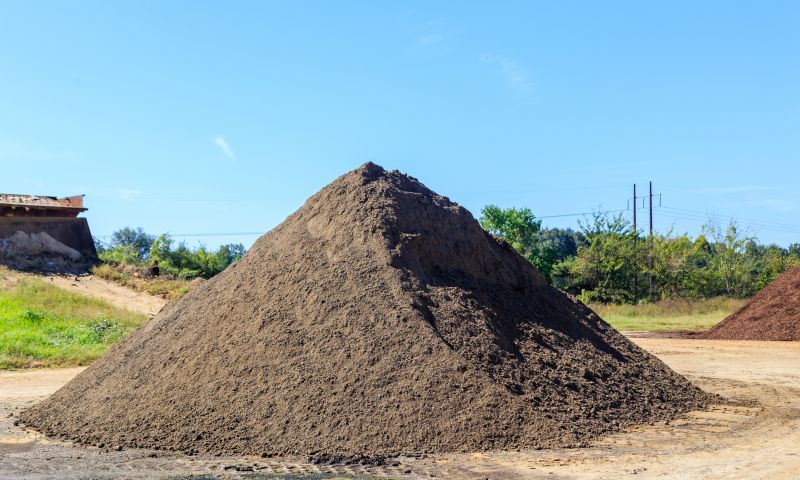
Larger areas demand more materials and labor, increasing expenses.
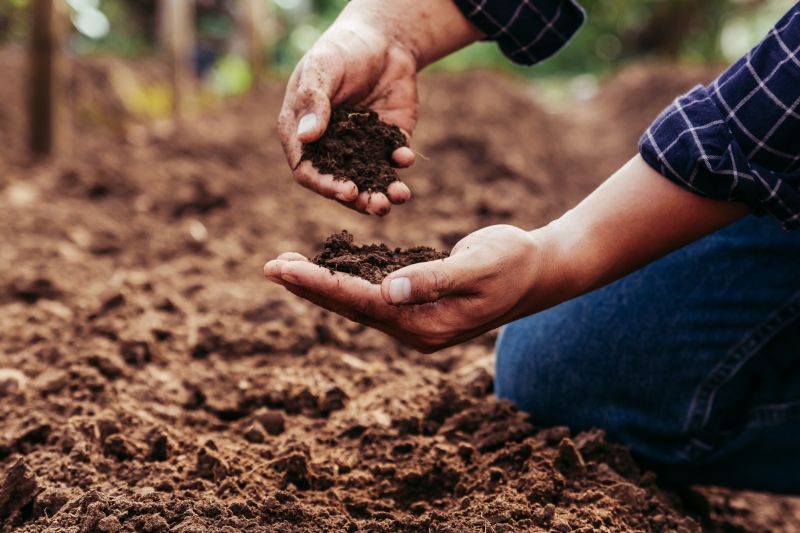
Choosing between organic and inorganic amendments influences overall costs.
| Factor | Impact on Cost |
|---|---|
| Soil Type | Clay soils may require more amendments, raising costs. |
| Area Size | Larger areas lead to higher material and labor expenses. |
| Type of Enhancement | Organic amendments tend to be more expensive than inorganic options. |
| Preparation Level | Extensive soil preparation increases project costs. |
| Accessibility | Difficult access can add to labor and equipment costs. |
| Existing Soil Condition | Poor soil quality may require multiple treatments. |
| Labor Requirements | Higher labor needs can significantly influence total costs. |
| Material Quality | Premium materials increase overall expenditure. |
Additional considerations include the complexity of soil conditions and accessibility, which can affect labor and equipment costs. Selecting appropriate enhancement materials and methods ensures efficiency and effectiveness, impacting long-term project expenses. Budgeting for unforeseen challenges and consulting with specialists can facilitate accurate cost estimation and successful implementation.
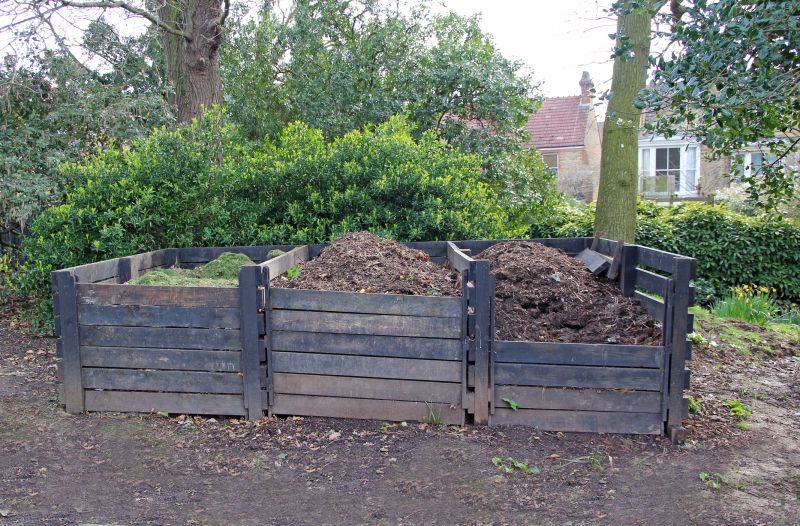
Compost and manure are common organic options, typically more costly but effective.
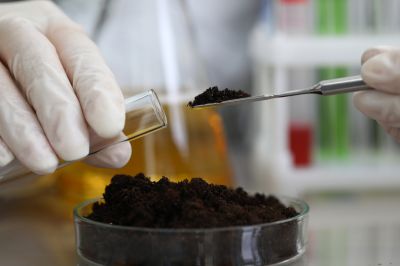
Precise testing tools help determine necessary enhancements, influencing costs.
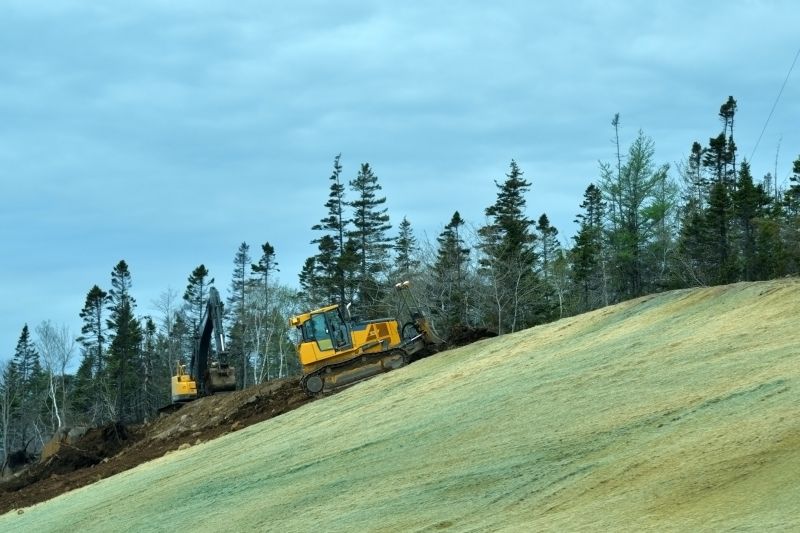
Specialized machinery can increase costs but ensures even distribution.
| Service | Average Price Range |
|---|---|
| Basic Soil Testing | $100 - $300 |
| Soil Amendment Application | $200 - $1,000 |
| Compost Delivery | $50 - $200 per cubic yard |
| Organic Matter Enrichment | $300 - $1,500 |
| Soil Fertilization | $150 - $600 |
| Aeration Services | $100 - $400 |
| pH Adjustment Treatments | $200 - $800 |
| Drainage Improvement | $500 - $3,000 |
| Soil Stabilization | $1,000 - $5,000 |
| Complete Soil Restoration | $2,000 - $10,000 |
